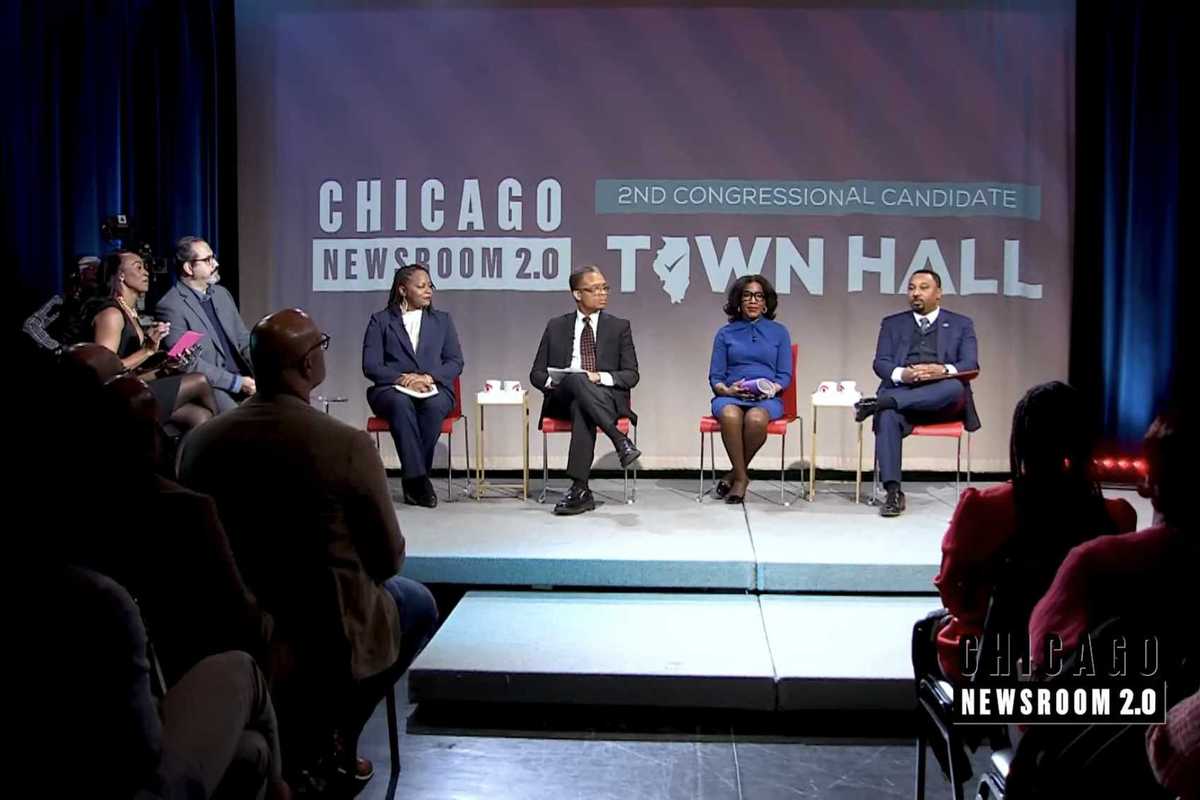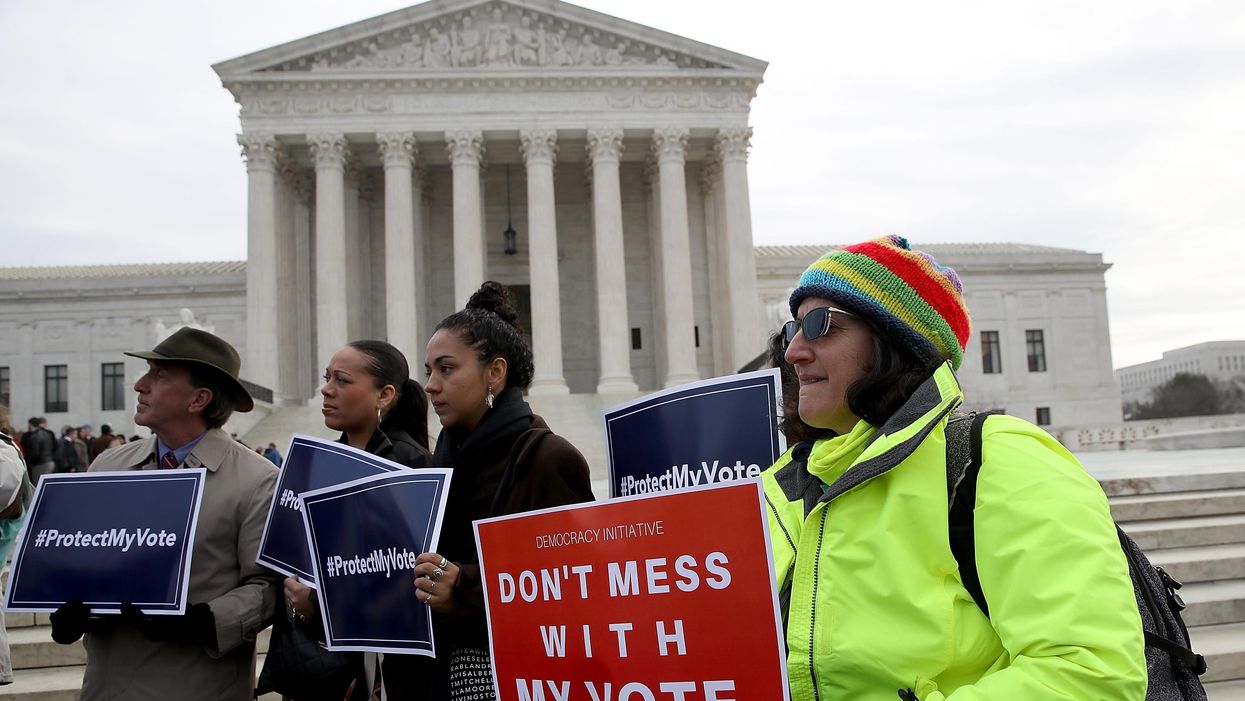Baker is the executive director of We The Action, a nonprofit that connects progressive advocacy organizations with attorneys who are willing to volunteer their legal expertise.
After the election, I found myself reflecting on some of the final words from the civil rights icon and congressman John Lewis. "The vote is the most powerful nonviolent change agent you have in a democratic society," he wrote in an essay he asked The New York Times to publish the day of his funeral last July. "You must use it because it is not guaranteed. You can lose it."
Months later, as armed insurrectionists stormed the Capitol in an attempt to overturn the outcome of an election, the nation watched the fragility of our democracy in real time.
Our democracy is only as strong as our willingness to defend it. And January's attack showed us that we can easily lose it altogether if we're complacent.
But every attack on democracy doesn't look like an armed mob. Others are more insidious, systematically weakening our system by silencing voices, disenfranchising voters and excluding communities.
This sort of effort to weaken our democracy has begun to intensify in state capitals nationwide, with lawmakers pushing anti-democratic legislation to restrict the right to vote — if not take it away altogether.
One of the most brazen examples is a bill passed by the Georgia House to limit early voting on Sundays, undercutting the "Souls to the Polls" efforts used by predominantly Black churches to mobilize voters. Then there are the four bills in the Pennsylvania General Assembly that would end no-excuse mail voting — a bipartisan policy adopted in the state only two years ago. In Virginia, one of the few states electing legislators this year, one piece of legislation would prohibit the use of ballot drop boxes even if the pandemic continues to make going to the polls a danger for vulnerable populations.
And that's only the beginning. The Brennan Center for Justice counts 253 bills introduced in 43 states to restrict voting rights. Meanwhile, the Supreme Court is considering gutting the Voting Rights Act, the landmark civil rights law that Lewis himself championed before and during his time in Congress.
Defeating these anti-democratic efforts will require a robust, multi-pronged approach, and lawyers will play a major role.
My organization, We The Action, is an online clearing house for more than 40,000 lawyers throughout the nation who are willing to volunteer on the most pressing issues facing the nation — voting rights chief among them. Lawyers bring unique skills to bear in the fights for justice and equity.
We saw the power of an energized group of attorneys firsthand during the 2020 campaign and in the election's aftermath. In all, 27,000 of our lawyers donated 170,000 hours to 52 organizations working to protect the vote. Speaking 10 languages, they staffed nonpartisan hotlines and answered thousands of voter questions. They updated voter guides in real time as municipalities adapted to restrictions imposed by the pandemic. They ensured votes were tallied fairly — and much more.
The last election has been called the most secure in history, and that's due in no small part to the work done by thousands of volunteer lawyers. But with legal challenges and suppression efforts increasing across the country these days, it is clear that our work isn't finished and that protecting the vote is bigger than any one election.
Exercising the right to vote isn't an activity we participate in once every two years. It is an all- year-round endeavor. We need to work every day to protect voters, especially those from communities of color and other disenfranchised groups. And we need to hold the line against campaigns to disenfranchise them, wherever those efforts are happening.
One notable example is the work of the lawyers volunteering with Florida Rights Restoration Coalition. By working one-on-one with individuals returning from prison and eager to navigate the labyrinth of red tape and fees required to reclaim their right to vote, lawyers are helping enfranchise a community that has been excluded from the voting process for generations.
That's the power of a lawyer dedicated to helping people. By donating just a few hours, those lawyers are opening doors for people who would likely have been excluded. And we need lawyers willing to fight for democracy more than ever.
The current work in Florida is just one example of attorneys on the ground — after the end of one election and before the next campaign gears up — to make voting easy, safe and accessible. We've seen lawyers work with non-English-speaking communities to ensure they could register to vote, support efforts to recruit 700,000 poll workers as staff shortages fueled by Covid-19 threatened to close polling locations, and monitor changing to laws to ensure all voters could cast their ballots.
The past four years have reminded us that our democracy is fragile. We can't take it for granted, and ensuring everyone has an equal vote will require lawyers to be vigilant. It's our responsibility as lawyers to uphold the Constitution and the rule of law it represents.
We still have a lot of work to do, and this country needs lawyers now more than ever.



















